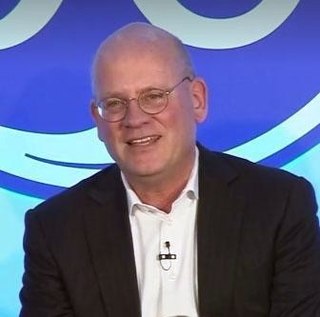A Quote by John Mackey
At a lot of companies founded on principles, the notion of making money is almost antithetical to the ethos of the place. From the very beginning, our business has existed to meet the needs and desires of multiple constituencies: customers, team members, vendors, shareholders, the community.
Related Quotes
There are two reasons [ business people are not publicly anti-Donald Trump ], one is well-intentioned, which is the classic kind of American notion. We want to be inclusive, we want to have our shareholders, our employees, our customers, whether they are Democrat, Republican, Green or Libertarian, to feel comfortable with how we're doing business. And so that tends to be apolitical. People say, "No, no, I just simply shouldn't get involved in politics."
Shareholders are sort of like cats; they get herded around, and they follow the leader. With the exception of a few activist shareholders, there are a very rare number of big, important, influential shareholders that like to step up and say there's a problem here, especially when they're making money.
Our business is not based on having information about you. You’re not our product. Our product are these, and this watch, and Macs and so forth. And so we run a very different company. I think everyone has to ask, how do companies make their money? Follow the money. And if they’re making money mainly by collecting gobs of personal data, I think you have a right to be worried.
What will solve our problems is a specific set of ideas built on bedrock principles that made America the greatest nation to begin with and applying those principles to the unique challenges of this new century. And those principles are not complicated. It begins with a notion that this nation was founded on a powerful spiritual principle, that our rights do not come from government. Our rights do not come from our laws. Our rights do not come from our leaders. Our rights come from God.

































